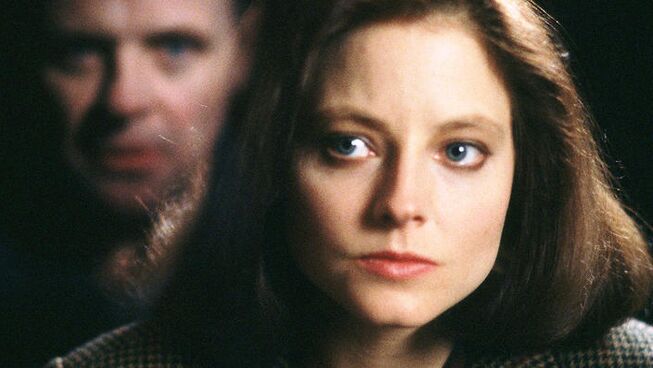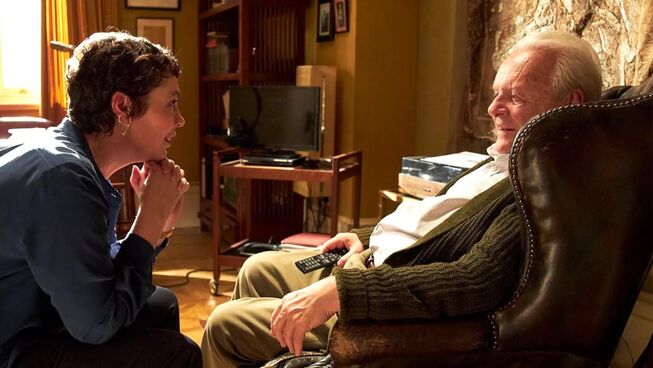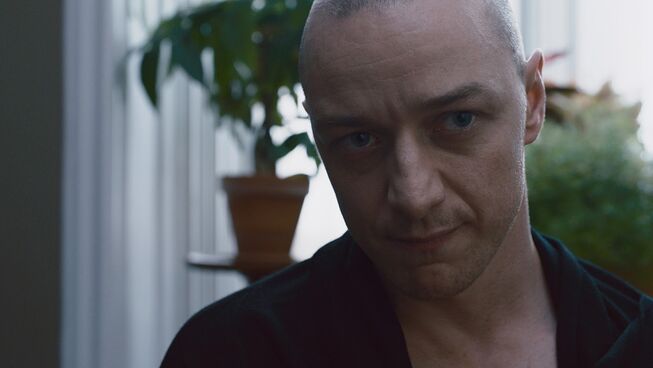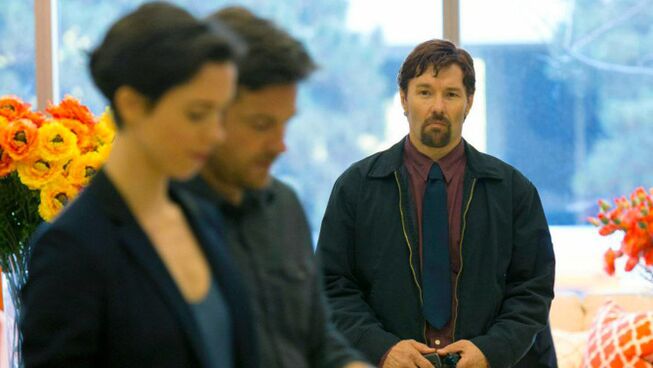
Well, Clarice, have the lambs stopped screaming?
The horror masterpiece Silence of the Lambs was released 30 years ago, and fans have been parodying 'fava beans and chianti' ever since. The peculiar partnership between a young FBI cadet named, Clarice Starling (Jodi Foster) and a gentleman sociopath named Hannibal Lecter (Anthony Hopkins) begins with a macabre introduction at the Baltimore State Hospital for the Criminally Insane. Clarice is an applicant at the FBI’s Behavioral Science Unit and is offered the opportunity to profile an active psychopathic serial killer nicknamed, Buffalo Bill (Tedd Levine). Clarice is sent to interview Dr. Lecter, a brilliant psychiatrist surgeon and the cannibalistic serial killer himself, who has been in solitary confinement deep in the bowels of the asylum. A strange bond develops between the two characters when Dr. Lecter begins manipulating young Agent Starling with puzzling clues surrounding Buffalo Bill’s true identity.
When 'Silence' was released in 1991 the horror movie genre consisted of little more than a catalogue of aliens and teen slasher tropes. With help from Ted Tally’s brilliantly adapted screenplay, director Johnathan Demme introduced viewers to a new category of film: the psychological thriller. Demme borrowed classic horror motifs and techniques from movies like Psycho and Jaws and then relied on the audience’s subconscious mind to fill in the gaps. The result is some of the most terrifying moments ever experienced on film. The beginning of the film is deliberate and pathological in its buildup of anticipation for Clarice’s introduction to the evil Hannibal Lecter. Upon arriving at the state hospital to interview Lecter, Clarice is led through a labyrinth of security checkpoints, slowly descending into what feels like a pit of madness. As she makes her way along the dark and dank basement corridor, the viewer’s imagination has already formed a monstrous caricature of Hannibal the Cannibal. When Agent Starling and Dr. Lecter finally meet his courteous tone and gentlemanly mannerisms are even more unsettling.
Although Anthony Hopkins is onscreen a total of sixteen minutes his portrayal of the demented, yet chivalrous, Dr. Lecter is so captivating that it earned him a Best Actor Academy Award. In fact, Silence of the Lambs is one of only three films to have swept the Academy Awards so-called Big Five categories: Best Picture, Best Director, Best Actor, Best Actress, and Best Screenplay. Hopkins modeled Lecter’s personality, in part, after HAL 9000 from 2001: A Space Odyssey. The clipped and dispassionate cadence of Lecter’s voice suggests a hardwired machine with a binary interpretation of humanity. On the other hand, the audience is drawn to Lecter’s charm and kindness towards Clarice. The viewer is conflicted. Dr. Lecter may be a mentally unstable cannibal, but wouldn’t he make an excellent dinner guest?
Reel Dialogue: Are we all just sheep?
Silence of the Lambs is an unflinching assessment of people’s unrivaled cruelty towards the innocent. Clarice is haunted by a childhood memory that occurred on her family’s West Virginia farm. She hears the bleating of sheep being led to slaughter and regrets not doing anything to save them. As an FBI agent, Clarice has chosen a profession that will require her to be both servant and saviour. Similarly, the Bible describes another servant who, “Like a sheep being led to the slaughter, did not open his mouth.” This Saviour came to save all who are lost.
“Behold the Lamb of God who takes away the sin of the world.” John 1:29






